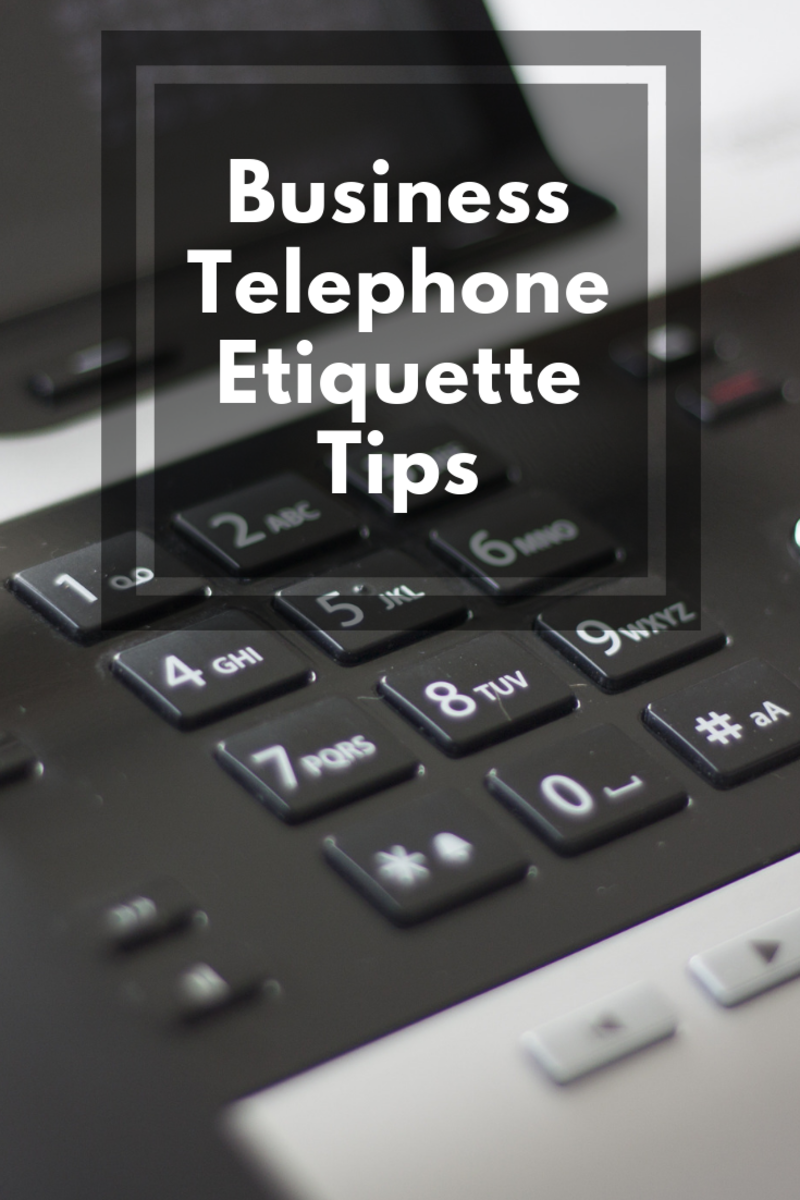Things to Think About When You Don’t Love Your Job

Can You Always Do Your Job With Love?
For me, for a long time, my career was something I could have become down about, had I allowed myself the luxury of acting the way I often felt about it. For many years, I was a college professor, and while teaching was something I gave my all to, I never intended for it to become my lifelong career. And even though I learned to love many things about it, it never became my “dream job.” Before becoming a professor, I’d worked as a reporter/writer and editor for magazines and other periodicals. My love of writing and editing was always the foundation of what I planned to do with my life, but for many years I took a detour around it, and found myself working as a college professor.
During the years I worked as a communications practitioner/professional, I always felt alive and connected to what I was doing, every day. But after I started teaching in areas of communications and marketing, it wasn't long before I discovered I'd lost a lot of the feeling of “connection” I’d once enjoyed when I was doing the work I loved. Even though I was dedicated to my work as a college professor, and even though my students and I won national and regional prizes and recognition for local, regional and national competitions in advertising and marketing, being a college professor, still, was not enough for me. I needed more in my professional life. I found that, for me, being a communications practitioner held more joy while delivering more of what I needed to satisfy my desire for self expression. But, it took many years, double-digit years, of working behind the desk as a college professor for me to finally discover my own personal truth. While I was fully engaged in teaching, doing my best every day to teach and to inspire college students who wanted to become communications professionals, in my heart of hearts, I was and always would be an editor and a writer. While I worked hard, performed my work with love, and became good (if not great) at teaching, the writer-editor who lived in me was always tugging hard at my coattails, asking me to devote more time to the things I have always loved.

So, I took a break from the academic world, and even though I have not missed working in the teaching profession, I do miss teaching. That's why I think it’s probably true what one of my former MBA students said to me recently after reading one of my Hub Page articles. He said, “Dr. Middlebrook, I know you’re not in the classroom now, but I know you, and you’re always teaching. That’s why I wasn’t surprised to see you publishing 'how-to' articles. I’m pretty sure you’ll always be a teacher, no matter where you are or what you’re doing for a living. You might not be in the classroom, but you'll always be a great teacher.”
While modesty keeps me from saying I was "great" as a professor, I know it felt great to hear a former student say he thought I was. And I guess the point I’m trying to make with this article is that even if you don’t love what you do for a living, you can still do your job with love. For nearly two decades I gave my all to doing work I learned to look forward to. I could easily have allowed the fact that teaching was not my first love to bring me down. I could have allowed my job to become a source of dark days and bad attitudes. But I chose not to. Even though I never felt quite “at home” in my career or completely fulfilled by the work I was doing as a professor, there were aspects of my work that I loved.
Whenever I'm working as a college professor, I work with a made up mind about doing my job to the best of my ability. I don't allow my personal dislike for some aspects of the job to interfere with me “giving my all” to my work. I am always determined to work hard and to give all I have to my work. At the same time, I do my best to learn as much as possible while working in learning-resource rich environments. You see, I have always believed that whenever anyone is a teacher, he/she is in the best possible position to learn and to one day use what is learned to make other career dreams come true. With that as my prevailing attitude, the longer I remained behind the desk as a college professor, the more I found to love about what I did for a living.

Is "Love" Ever the Right Word to Describe Your Job?
Seldom will anyone love equally, or even like, each and every aspect of any job. Most, however, find something to enjoy about what they do day in and day out. As adults, we all know that what we do for a living is not necessarily always connected to what we enjoy doing. In fact, part of being an adult, sometimes, means doing what we have to do in order to maintain financial independence. And often that involves doing work we would never choose, if we had a choice in the matter. But what if you don’t have to love your job, in order to feel better about doing it every day? What if there was a way for you to start appreciating it more, even though there are parts of it that you just know you’ll never like?
The bottom line is you don’t have to allow the fact that there are things you don’t like about your work to stress you out. There must be at least some things you’ve found to love, like, or enjoy—at least a little, about your job, or else you probably would have left long ago. If you’re still there, you must not hate everything about it. So, what is it about your job that you do like? Think about it. With stress and pressure being linked to higher risks for heart disease, now is a very good time to begin thinking more positively about something you do every day, for a living.

Maybe You Love What's Keeping You at Your Job ...
Any time you find yourself wanting to hate the job you go to day after day, it might help to focus on things about your work that you do like:
- Are there co-workers you enjoy talking to or working with? Perhaps your job requires a certain skill, talent, or ability that you have in spades, and you enjoy being praised by co-workers, a supervisor, or clients for doing your job well. Co-workers that you enjoy being around can be a good reason to stick with a job, at least for a while, until something better comes along.
- Is there a manager or a supervisor that you respect and/or admire; someone you enjoy working for/with? Having a boss that's kind, understanding, and principled can, by itself, be a BIG reason to stay with a job.
- Are you learning or refining valuable skills that you know are going to provide you with excellent abilities and knowledge that you will be able to use to get a better or different job one day? Having the opportunity to become much more skilled or knowledgeable about what you do now, or the chance to learn new skills, can be good reasons to go to work every day.
- Perhaps you admire the company you work for, and you’re staying because you know there are opportunities there for advancement. Even though you don’t like what you’re doing now, perhaps it’s worth staying to get something better at the same company. A new job there might come with new co-workers, a new boss, and brand new chances to make a great impression while doing work you want to do.
- Or maybe your reason for staying is that you're earning a very good salary doing work that, while you don’t really love it, you are good at it. If you're well compensated for doing what you, and that compensation allows you to have a certain lifestyle that you love, and you can have and do things you wouldn’t be able to have or to do without the job, then it might be worth it, in such a case, to learn to love the one you're with!

Is It Time to Change Your Job? Or to Change How You Think About Your Job?
If you feel you hate your job, before you go to work again, spend at least some time focusing on what things you do like about what you do. There has to be something, or else you would probably have found a way to leave. So, zero in on what keeps you going back. In the mad rush of the work-a-day world, it’s easy to lose touch with the things that really matter to you. Stress and pressure at work, a maddening commute, and certain elements of your job that you truly don’t like can cause you to dread going to work altogether. A job can be the easiest and most handy thing in your life to use as a perpetual punching bag; an unquestioned scapegoat for bearing the brunt of any or all irritation in your life. It often takes on the whips and lashes of dark emotions and rage, no matter their actual cause.
When I was a full-time teacher, in the academic world, among other courses, I taught desktop publishing labs, and I truly enjoyed my work. It provided me with opportunities to learn and to teach the best and newest software used by advertising writers and graphic designers, and it enabled me and my students to develop marketable skills that are still valuable, to this day.
Since most people can identify with hating at least something about a job, even when it’s not the thing that is actually provoking your anger, you can usually find someone at work to commiserate with you when you want to gripe about your job. In other words, it's a socially acceptable surrogate for blame. So even though there may be aspects or things about your work that you probably really like, or maybe even love, this fact can easily get lost in the shuffle of all the things you have to deal with on a daily basis, because there really are many, many things about most jobs that worthy of contempt.
Still, unless you’re ready to make a job or a career change, it might be time for you to change how you think about your job. It might be time to change what you are saying to you, in your self-talk/internal dialogue, about your work. Taking some time out each day to reconnect with your real and true reasons for staying at your job or in your profession can help you find your way to a happier state of mind. You may find that doing this can help give or keep giving your all to your work, even though you may not love every aspect of what you do.
Take Our Poll ...
Have you ever worked, for a year or more, on a job you hated?
"Workin' For A Livin,'" by Huey Lewis & The News
© 2012 Sallie B Middlebrook PhD








